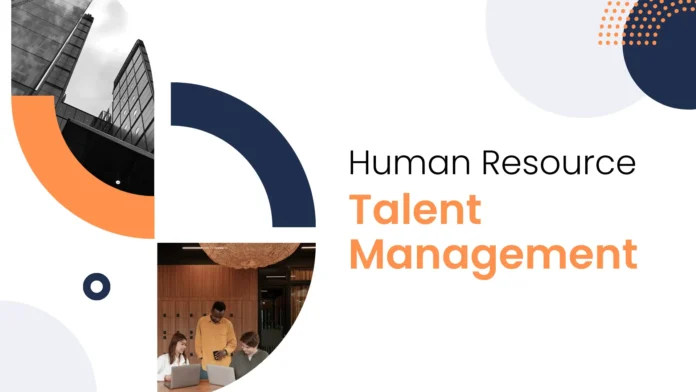Table of Contents
In today’s competitive business environment, talent is the real differentiator. Organizations that invest in effective talent management don’t just hire people — they build cultures of innovation, engagement, and long-term growth. With shifting workplace dynamics, hybrid models, and evolving employee expectations, talent management has become more than HR strategy — it’s a business survival tool.
Why Talent Management Matters More Than Ever
- Workforce Mobility: Employees now seek flexible opportunities and career agility.
- Skills Over Roles: Companies are shifting from job titles to skill-based talent strategies.
- Retention Crisis: High turnover and rising hiring costs put pressure on organizations to rethink how they engage and retain talent.
Businesses that don’t adapt risk losing their top performers to more agile, people-first competitors.
Current Trends Shaping Talent Management
1. AI-Powered Recruitment & Workforce Planning
- Intelligent tools matching candidates to roles based on skills and potential.
- Predictive analytics to forecast attrition and future talent needs.
2. Employee Experience as a Priority
- Focus on holistic well-being: mental health, work-life balance, and inclusion.
- Personalized career paths and learning journeys to retain top talent.
3. Upskilling & Reskilling at Scale
- Demand for digital and leadership skills driving investments in learning platforms.
- Microlearning and on-demand training making development accessible anywhere.
4. Data-Driven Talent Decisions
- People analytics enabling leaders to track performance, engagement, and potential.
- Replacing gut-feel decisions with insights-backed strategies.
Building a Strong Talent Management Framework
- Attract: Employer branding, DEI initiatives, and competitive benefits.
- Develop: Continuous learning, coaching, and mentoring opportunities.
- Engage: Recognition programs, feedback loops, and transparent communication.
- Retain: Career mobility, fair compensation, and a culture of belonging.
When organizations invest across these areas, they turn talent into a strategic advantage.
The Future of Talent Management
The shift is clear: from managing “employees” to empowering individuals. Companies are no longer just filling positions — they’re designing workforce ecosystems that evolve with changing business needs. The winners will be those that treat talent as a growth driver, not just a resource.

